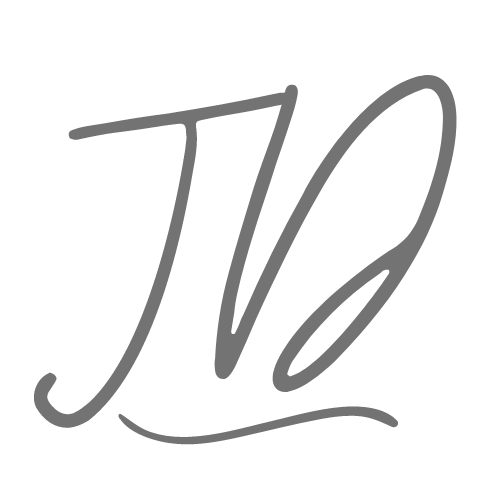eb Chaim Brisker was once attending a Talmudic lecture when the lecturer quoted an idea in the name of tosfos. Immediately, Reb Chaim objected, “There is no such tosfos in all of Shas.”
Everyone in the crowd started to ooh and ah at Reb Chaim’s show of his bekiyus. It seemed that Reb Chaim had mentally gone over every tosfos in shas on the spot.
But Reb Chaim quickly explained, “My intention is not to say that I know every tosfos in Shas, but what I do know is that tosfos would never say such a naarishe vort, such a foolish idea.”
I’m reminded of this story by a perplexing midrash in this week’s parshah. Yisro makes Moshe promise, before Moshe marries his daughter, that he would allow his oldest son to become a priest for Avodah Zarah, and Moshe agrees.
What? This is so troubling on so many levels. Why would Yisro want this? Yisro himself had experimented and rejected every idolatry under the sun. More importantly, how could Moshe agree to this? There was no one in the world who experienced and interacted with Hashem in a more clear and definitive way.
How are we to understand this midrash? You see, Yisro was a searcher. He had discovered Hashem on his own through a painstaking journey of trial and error. He celebrated the search for truth and the journey it had taken him on. Yisro wanted his grandchild to be able to have a similar experience. Growing up at the epicenter of Jewish life, Yisro feared his grandchild would take it for granted.
He worried that his grandchild would not question and search with the same intellectual honesty that had sparked his own journey. He wanted his grandchild to have the freedom to explore, even if it led him to become a priest for Avodah Zarah, so long that his grandchild would come to monotheism on his own.
For Yisro, it was better to have his grandchild dabble in Avodah Zarah than live a superimposed, socially influenced Jewish life. When Yisro was wrong, he misunderstood the power and nature of truth. To Yisro, the beauty of truth came through contrast and comparison. Truth was only valuable if tested and measured against falsehood.
Yisro believed truth to be empirical, not intrinsic. But Judaism teaches us otherwise. The truth is true intrinsically whether every other option was explored or not. You don’t have to date every girl in the world to feel that the woman you love is your soulmate. It’s not empirically true, it’s intrinsically true.
Reb Chaim knew that the lecturer had misquoted tosfos, not because he had checked it to be false, but because he knew what was true. It wasn’t empirically proven, it was intrinsically impossible. When we expose our children to Torah, we are giving them the greatest gift, the ability to experience that which is intrinsically true.
What you haven’t tried out should never cast doubt on what you know to be intrinsically true. Wishing you a wonderful Shabbos.
